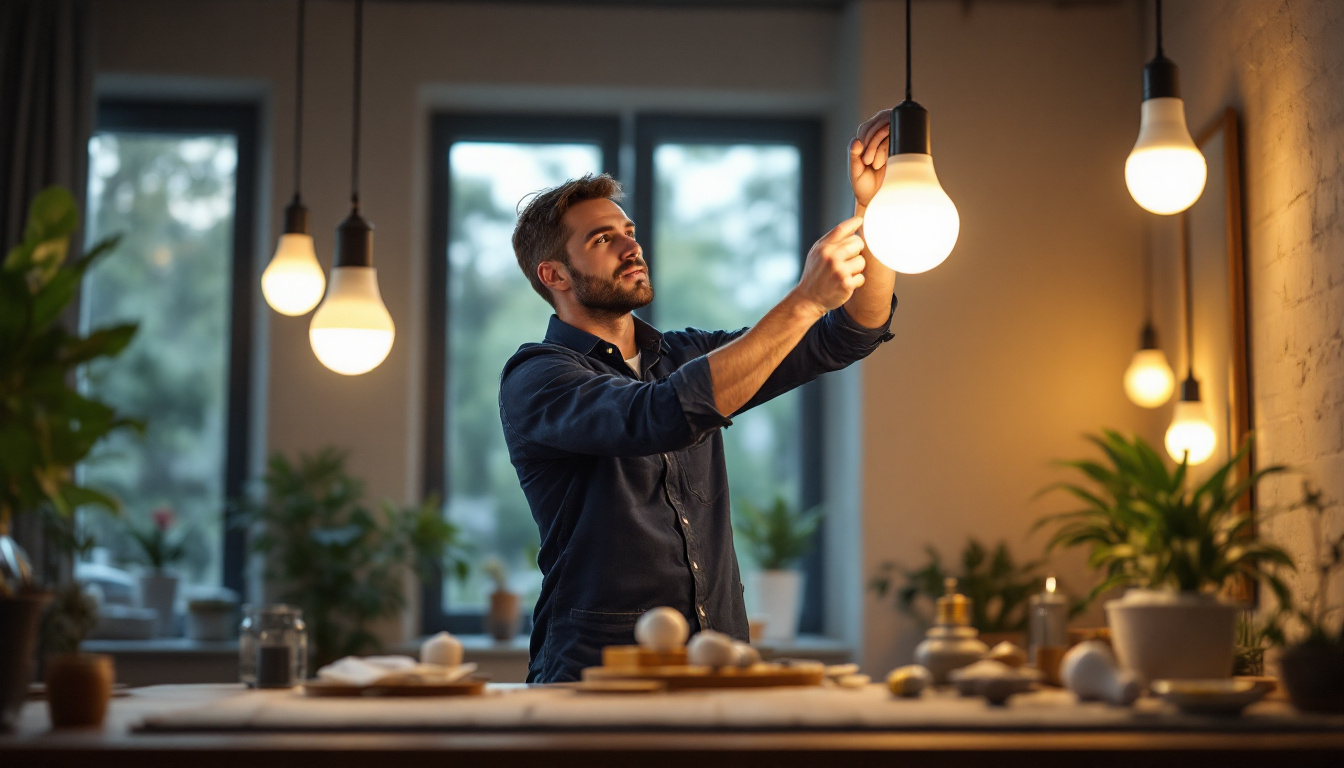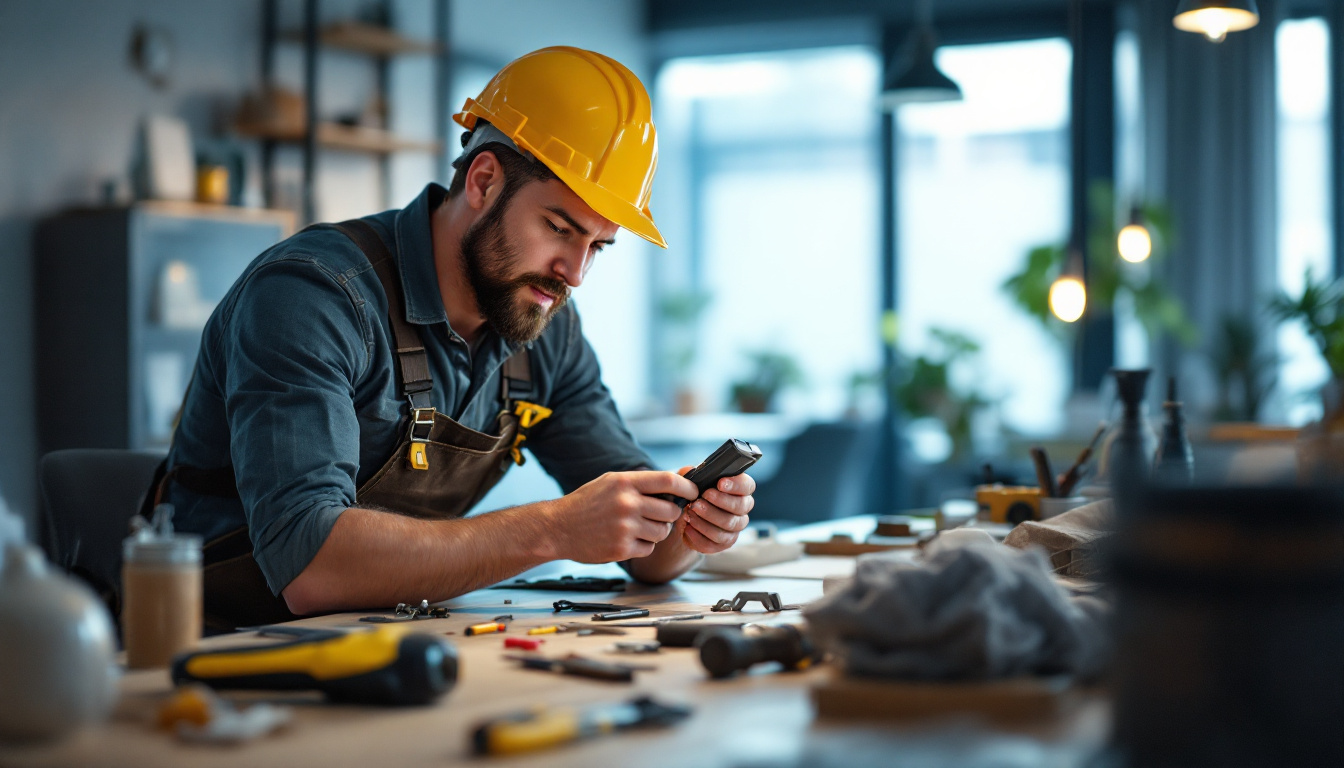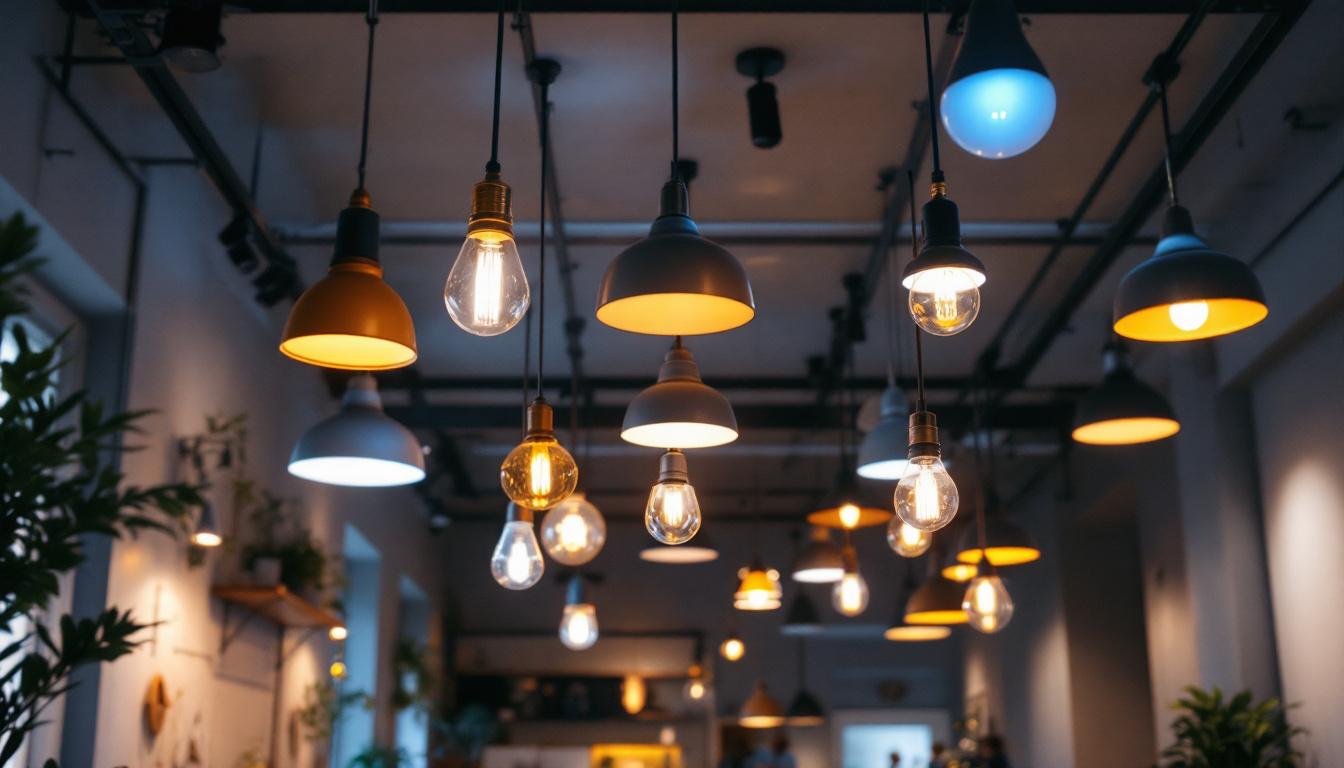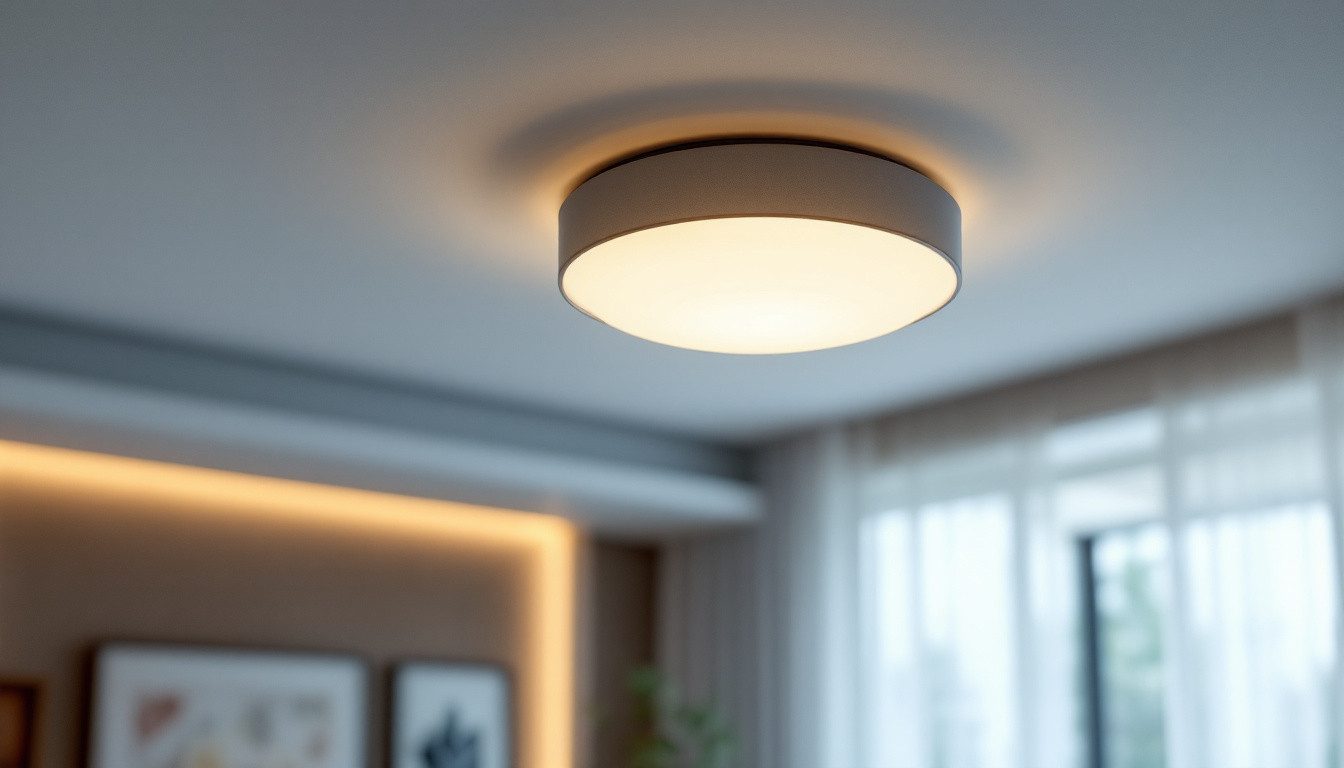
In the ever-evolving world of lighting technology, indoor solar bulbs have emerged as a viable option for both residential and commercial spaces. These innovative lighting solutions harness solar energy to provide illumination, making them an attractive choice for eco-conscious consumers and contractors alike. This article offers essential tips for lighting contractors looking to integrate indoor solar bulbs into their projects.
Indoor solar bulbs are designed to mimic the functionality of traditional light bulbs while utilizing solar energy as their power source. These bulbs typically consist of solar panels, rechargeable batteries, and LED lights. The solar panel collects sunlight during the day, converting it into electricity that charges the internal battery, which then powers the LED light at night.
One of the primary advantages of indoor solar bulbs is their energy efficiency. They can significantly reduce electricity bills and carbon footprints, making them an appealing option for environmentally conscious clients. However, understanding their limitations and optimal applications is crucial for lighting contractors. For instance, while these bulbs are excellent for spaces with ample natural light during the day, their performance may be compromised in areas that receive little sunlight, necessitating careful consideration of placement and usage.
Moreover, the integration of smart technology into indoor solar bulbs is becoming increasingly popular. Many modern models now feature Bluetooth connectivity or smartphone compatibility, allowing users to control brightness levels and set timers remotely. This added functionality not only enhances convenience but also maximizes energy savings by ensuring that lights are only used when necessary.
There are various types of indoor solar bulbs available on the market, each designed for specific applications. The most common types include:
Understanding the different types of indoor solar bulbs will help contractors recommend the best options based on their clients’ needs and preferences. Additionally, some manufacturers are now producing solar bulbs with adjustable color temperatures, allowing users to switch between warm and cool light depending on the ambiance they wish to create. This versatility can be particularly beneficial in settings such as homes, cafes, or offices where mood lighting plays a significant role in the overall atmosphere.
When selecting indoor solar bulbs, several key features should be considered:
By evaluating these features, contractors can ensure they are providing clients with high-quality products that meet their specific lighting needs. Furthermore, it’s important to consider the installation process and whether the bulbs require any additional hardware or support structures. Some models are designed for easy plug-and-play installation, while others may necessitate more complex setups, which can influence a contractor’s recommendations based on their clients’ DIY capabilities.
Proper installation is vital for maximizing the performance of indoor solar bulbs. Here are some essential tips for lighting contractors:
Choosing the right location for solar bulbs is critical. Ideally, the solar panel should receive direct sunlight for several hours a day. Placing the solar panel near windows or in well-lit areas can significantly enhance its efficiency. Avoid locations that may be obstructed by furniture or other objects that could block sunlight.
Additionally, consider the orientation of the solar panel. South-facing windows typically receive the most sunlight throughout the day, making them ideal for solar bulb placement. For rooms with limited sunlight, contractors may need to explore supplemental lighting options.
While many indoor solar bulbs are designed for easy installation, ensuring proper wiring and connections is crucial for optimal performance. Contractors should follow the manufacturer’s instructions carefully to avoid any issues. If the bulb requires additional wiring, using high-quality materials is essential to ensure safety and longevity.
In cases where multiple bulbs are installed, it may be beneficial to create a centralized control system. This allows for easier management of lighting and can enhance the overall user experience.
To ensure the longevity and efficiency of indoor solar bulbs, regular maintenance is necessary. Here are some maintenance tips for lighting contractors to share with their clients:
The solar panels on indoor solar bulbs should be cleaned regularly to remove dust, dirt, and debris that can hinder their performance. A simple wipe with a damp cloth can often do the trick. In areas with high pollution or dust, more frequent cleaning may be necessary.
Contractors should advise clients to inspect the panels at least once a month, especially during seasons with heavy pollen or dust. Keeping the solar panels clean ensures they can absorb as much sunlight as possible, maximizing energy efficiency.
Battery life is a critical component of indoor solar bulbs. Over time, batteries may lose their ability to hold a charge. Contractors should educate clients about the signs of battery deterioration, such as dimming lights or inconsistent performance.
Replacing the battery when necessary is essential for maintaining the functionality of solar bulbs. Most manufacturers provide guidelines on battery replacement schedules, which contractors should communicate to their clients.
As energy costs continue to rise, the demand for energy-efficient lighting solutions has never been greater. Indoor solar bulbs offer a sustainable alternative to traditional lighting, aligning with the growing trend toward eco-friendly practices in construction and design.
By utilizing solar energy, indoor solar bulbs significantly reduce reliance on fossil fuels, contributing to a lower carbon footprint. Lighting contractors can play a pivotal role in promoting these sustainable options to their clients, emphasizing the long-term benefits of reduced energy consumption.
Encouraging clients to adopt solar technology not only benefits the environment but also enhances their property’s value. As more consumers prioritize sustainability, offering eco-friendly lighting solutions can set contractors apart in a competitive market.
Many regions offer incentives or rebates for installing energy-efficient lighting solutions, including indoor solar bulbs. Contractors should stay informed about local programs that can benefit their clients financially. By highlighting these incentives, contractors can make solar bulbs an even more attractive option.
Additionally, educating clients on the potential savings over time can help them make informed decisions about their lighting choices. This not only enhances client satisfaction but also fosters long-term relationships based on trust and expertise.
Despite their growing popularity, several misconceptions about indoor solar bulbs persist. Addressing these misconceptions can help contractors better inform their clients and promote the benefits of solar lighting.
One common misconception is that indoor solar bulbs are ineffective in low light conditions. While it is true that solar bulbs rely on sunlight for charging, many modern designs come equipped with advanced battery technology that allows them to perform well even in less-than-ideal lighting conditions.
Contractors should educate clients on the importance of proper placement and battery maintenance to ensure optimal performance, even in rooms with limited natural light.
Another misconception is that indoor solar bulbs are too expensive compared to traditional lighting options. While the initial investment may be higher, the long-term savings on energy bills and maintenance costs can make solar bulbs a more cost-effective choice over time.
Contractors can help clients understand the total cost of ownership, including energy savings, reduced maintenance, and potential rebates, to demonstrate the financial benefits of choosing solar lighting solutions.
The indoor solar lighting market is continuously evolving, with new technologies and innovations emerging regularly. Staying informed about these trends can help lighting contractors remain competitive and provide clients with the best options available.
One of the most exciting trends in indoor solar lighting is the integration of smart technology. Smart solar bulbs can be controlled remotely via smartphone apps, allowing users to adjust brightness, set schedules, and monitor energy usage.
As smart home technology becomes increasingly popular, offering smart solar solutions can attract tech-savvy clients looking for convenience and efficiency.
Design plays a crucial role in lighting choices, and manufacturers are responding by creating more aesthetically pleasing indoor solar bulbs. From sleek modern designs to vintage-inspired styles, there are options to suit any décor.
Contractors should keep an eye on emerging design trends to offer clients a wide range of choices that complement their interior spaces while providing the benefits of solar lighting.
Indoor solar bulbs present a unique opportunity for lighting contractors to provide clients with sustainable, energy-efficient lighting solutions. By understanding the technology, installation best practices, maintenance requirements, and emerging trends, contractors can effectively integrate these innovative products into their projects.
As the demand for eco-friendly options continues to grow, embracing indoor solar bulbs can enhance a contractor’s reputation and contribute to a more sustainable future. By staying informed and adapting to the evolving landscape of lighting technology, contractors can position themselves as leaders in the industry.
Ready to elevate your lighting projects with sustainable and energy-efficient solutions? Look no further than LumenWholesale for an extensive selection of indoor solar bulbs that meet the highest industry standards. Our commitment to quality, affordability, and convenience ensures that you receive spec-grade lighting products at unbeatable wholesale prices. Say goodbye to middleman markups and hello to hassle-free bulk buying with free shipping. Make the smart choice for your next project and explore our wholesale lighting options at the best value today.

Discover how lighting contractors can enhance their profitability by optimizing electric socket installations.

Discover the essential role of drop down ceiling lights in modern lighting projects.

Discover essential tips from lighting contractors on choosing and maintaining lighting fixture parts.

Discover expert tips and insights in our comprehensive guide to selecting the perfect flush ceiling lights.